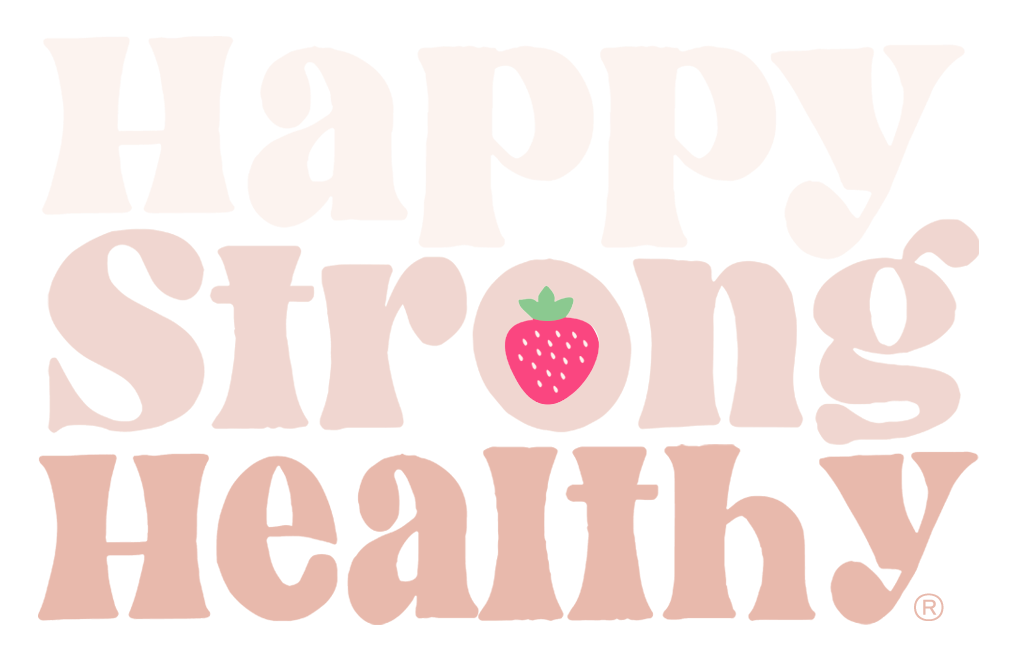5 Tips to Improve your Mental Health.
Our favorite mental health guest blogger is BACK. Janine Standish is sharing 5 Tips to improve both your physical health and mental health.
They are SO connected and both need to begin to be prioritized.
As always, these things “work” IF you are consistent with them. Sometimes it is hard to get into a self care and mental health routine because you may have never prioritized it before! BUT, when you do - the changes are so beautiful.
Thank you Janine for sharing this with us! Please make sure to follow her on IG @peacefulcalmhappy
Breath, Mindfulness and Meditation
Many people underestimate the impact of attending to our breath, as it is an involuntary function of our bodies. However, breath is a powerful tool that can transform our life if we learn to gain mastery over it. It is the quickest and most efficient way to calm our nervous system. It is impossible for our nervous system to be in hyperarousal (fight or flight) if our breath is calm and regulated. Stress is often external to us, and therefore we lack control over how and when it shows up in our lives. While we cannot always control the stressors coming at us at any given moment, we have the power to change our reaction to the stressor. The key to managing stress is practicing non-reactivity when faced with a stressor. Breath work, mindfulness and meditation practices are so crucial in grounding us and therefore minimizing the impact that stress has on our system. It has been found that stress and trauma are literally stored in our cellular memory (see the work of Bessel van der Kolk). Meditation practices are imperative to assisting us in releasing stress from the body. Learning to stay grounded in the present allows us to fully experience life in the current moment, without becoming over focused on the challenges of the past or creating anxiety about the future. There are many resources for learning how to manage breath and improve your ability to be present, whether it be through mindfulness exercises or movement based practices such as yoga.
Gratitude
Engaging in a gratitude practice is a primary way to attend to our wellness. Focusing on what we are grateful for has actually been shown to create a shift in our neurochemistry - it literally changes our brain chemicals. Did you know that research shows that gratitude equates to greater overall happiness and satisfaction with life? It’s true! Gratitude is one of the single most effective pathways to a happier you! Check out: https://www.happierhuman.com/benefits-of-gratitude/ which lists a variety of ways gratitude can be a total game changer. Challenge yourself to start your day by listing 3 things you are grateful for in your life. Research demonstrates that gratitude practices are more effective when we engage in the physical act of writing our grateful thoughts out. Pairing mindfulness/meditation practices with a gratitude journal is particularly helpful and a wonderful way to start the day.
Connection
Social support has been found to not only positively impact recovery from cardiac events, but it has been documented that having positive, supportive relationships is a protective factor against developing severe disease and physical pain. Social connection is particularly relevant in the midst of this global pandemic. Finding creative ways to remain socially connected is important for our overall wellness. It is easy to get caught up in the daily grind (working from home, managing distance learning, dealing with the challenges of our “new normal” ). Each day consider how you will carve out time to connect with those most important to you - both within and outside of your home. Be sure that your social connections are a balance of giving and being nourished. Reciprocity is the key in relationships and the basis for healthy emotional bonds.
Movement
Many of us have been confined to our homes or are spending far less time out in the community as usual with the current COVID pandemic. This more sedentary lifestyle has likely impacted daily movement in some way. Many people have been struggling with sleep and lack of energy. Ensuring the we are moving our bodies affords us the opportunity to not only improve our physical well being, but it also our mental health. When our nervous system responds to a stressor, it prepares our body by releasing chemicals that will support a “fight or flight” response. The challenge of 2020 is that our nervous systems are relatively archaic in their response to stress, as there are limited circumstances in which we would actually physically fight or run. We are, therefore left frozen in fear, saturated in brain chemicals that are meant to activate us. Physical activity is one strategy for releasing these unwanted neurochemicals like cortisol, which has been shown to change brain structure and function with long term exposure. For example, yoga is a wonderful movement based exercise for physical and mental wellness. It has been found to lower our heart rate, naturally regulate our breathing, decrease anxiety and regulate sleep. Going outside is another strategy. Getting outdoors increases our chances of getting our bodies moving. Furthermore, it lessens the chances of suffering from Vitamin D deficiencies, which have been linked to heart disease amongst other diseases. When sunlight hits our skin, our body releases nitric oxide into our blood vessels which helps to lower blood pressure. This is important, as high blood pressure has been shown to increase the risk of stroke and heart disease. Getting outside for a walk, a bike ride or engage in other activities benefits both heart health and mental health!
Balancing exposure to media
Whether it's the news or social media platforms, we are constantly bombarded with information via the technology at our fingertips. While this affords us the opportunity to stay connected and efficiently work from essentially anywhere, it’s also important to recognize that potential impact of the information we are receiving. We are all guilty of mindlessly scrolling through our phones, which can be dangerous as we are not cognizant of the messages we are absorbing or the impact they are having on our emotional well being. For example, many people only post the best version of themselves on social media - the perfect “selfie”, the things they love about their partner, their child’s successes - what we don’t often see the difficulties others face. This leaves us with only a highlight reel of their life. Subsequently, we compare that small snippet of their life to our diverse emotional experience, which many times leaves us feeling less than. Another example would be the way in which highly sensationalized media stories can trigger the stress response in our body. Recognizing what triggers us is important as daily, consistent exposure to such can yield emotional and physical consequences. As discussed in Bruce Lipton’s book, The Biology of Belief, our thoughts actually create biochemical changes in our body and therefore it is important to consider what we are giving our energy to, as this will impact the manner in which we think and move about our day. Balance being informed without risking being overly saturated with information that has the potential to trigger your stress response and cause hyperarousal in your nervous system.
For parents and caretakers on the tips above: Remember that modeling is the most powerful form of learning for children. The most important thing you can do to support their physical and emotional well being is to model healthy habits. If they see you committed to and attending to the tips above, they will likely follow suit. Initiate and encourage open conversations about wellness within your family and create shared routines that address the above areas.
Links for more information:
Blog post written fully by the amazing: JANINE STANDISH
Find more insight and tips: @peacefulcalmhappy on IG.
Or
Committed to transforming your mindfulness game?
Connect with her for Virtual Mindfulness Coaching!
jstandish@meaningfuldirections.com
Psychology Today profile link: https://www.psychologytoday.com/us/therapists/janine-standish-hackensack-nj/188887
Written by Jenna Werner
Hey there, I’m Jenna! I'm a Registered Dietitian, online nutrition coach and serious food lover. I'm ready to help you quit dieting forever and fall in love with the way food makes you feel.
Learn more about me and the HSH offerings here.







































